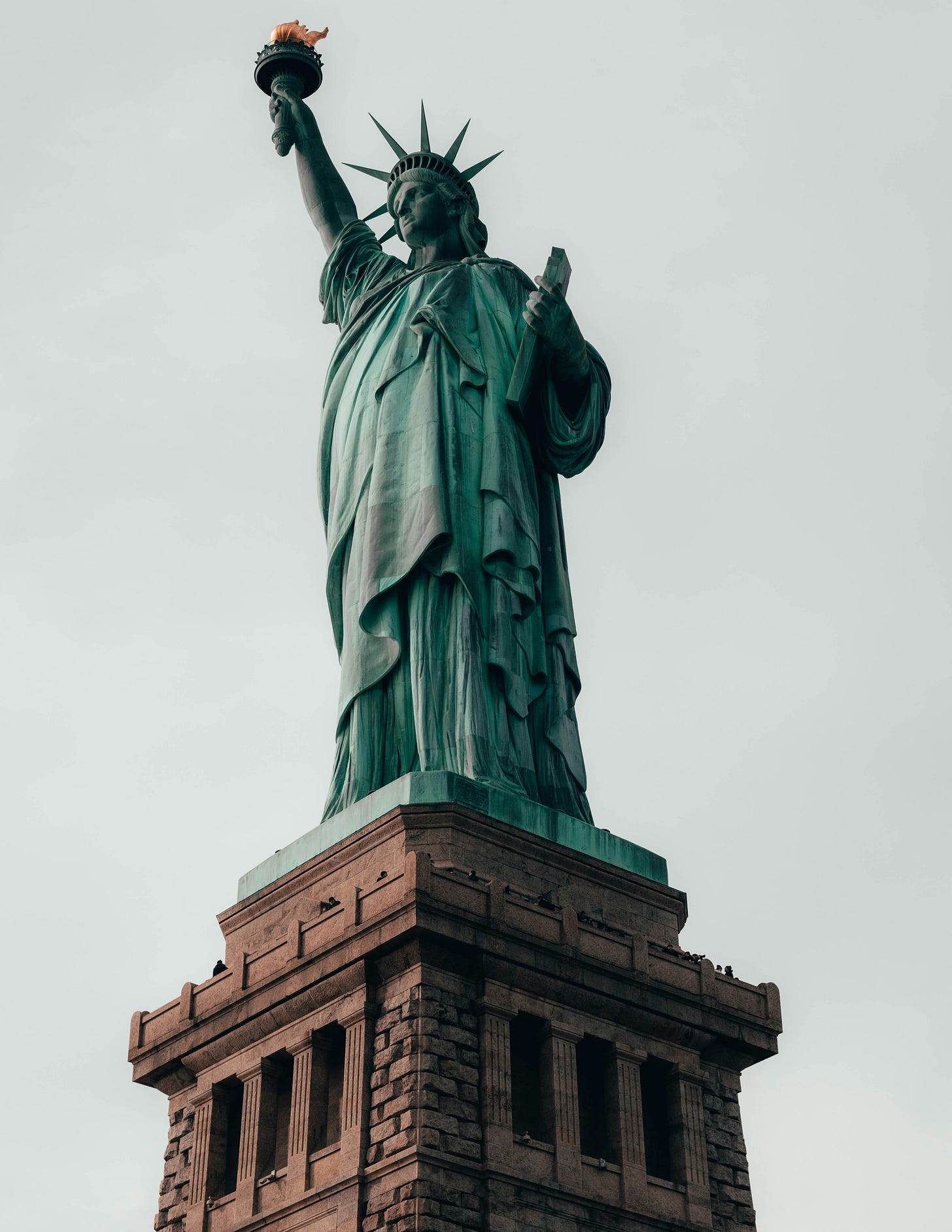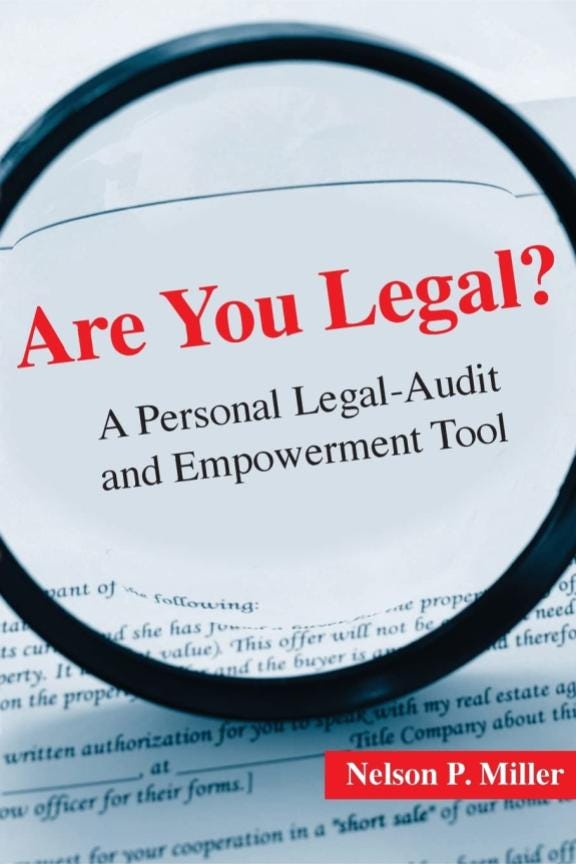As our Star-Spangled Banner tells us, America is the land of the free. Laws enshrine that God-bequeathed freedom, although we would be free without the laws, as our Declaration of Independence reminds us. Still, though, we often look to law, not just to our common Declaration, to find and prove the contours of that freedom.
Scholars and adherents find it more than interesting that the first freedom the Bill of Rights declares is religious freedom. Not free speech, not freedom of the press or of association but religious freedom, meaning the freedom to integrate, incorporate, practice, and celebrate our beliefs as to whom and for what purpose our creator made us. In America as elsewhere, freedom of religion is under constant attack but constantly up to its own defense as our fundamental freedom. Whether you practice a faith or not, and we all do in one respect or another, guard that fundamental freedom jealously. The government that takes it away leaves nothing left.
The First Amendment also protects speech and association. These rights, too, are foundational. Tyrannies need only silence dissent to have their way. When you see something wrong, say so. When you see something right, tell about that, too. Speak truth, not lies or threats. You lose your soul when the tyrannical lie silences you. Value your freedom to associate with others, too. Stand alongside those who need your protection and encouragement. Choose your community, and give it your full support. None of us survive on an island. We need the fellowship and confidence of our brothers and sisters.

Some liberties depend on citizenship. Sound communities share rights, commitments, values, and responsibilities, while listening carefully to those who call from the margins. But many liberties, including due-process and equal-protection rights, can be broader, protecting those outside society’s margins, even those rightly suspected of great wrongdoing. We also hold freedoms from unreasonable search and seizure and self-incrimination, and rights to dignity, autonomy, and travel.
America also offers important rights to asylum. We take in those who face persecution elsewhere, protecting them from dictators, traffickers, and cartels. When we incarcerate others, we protect them from cruel and unusual punishment, while ensuring their basic provision of food, water, exercise, and medical care. We even enjoy certain freedom of information, the right to petition government to learn what it holds against us or for others.
You can see from this series of posts the respect in which I hold law as a ground for flourishing. My very first client, a young man living in his modest workshop while trying to start a business, placed unusual trust in the law, more than I had yet learned to exercise. His confidence in legal opportunities and solutions soon brought him success. Today, he lives in grand retirement, having enjoyed a most-fruitful life. I have seen many others improve their lives by relying on the law. May you share that faith, and may your faith bless you richly.





